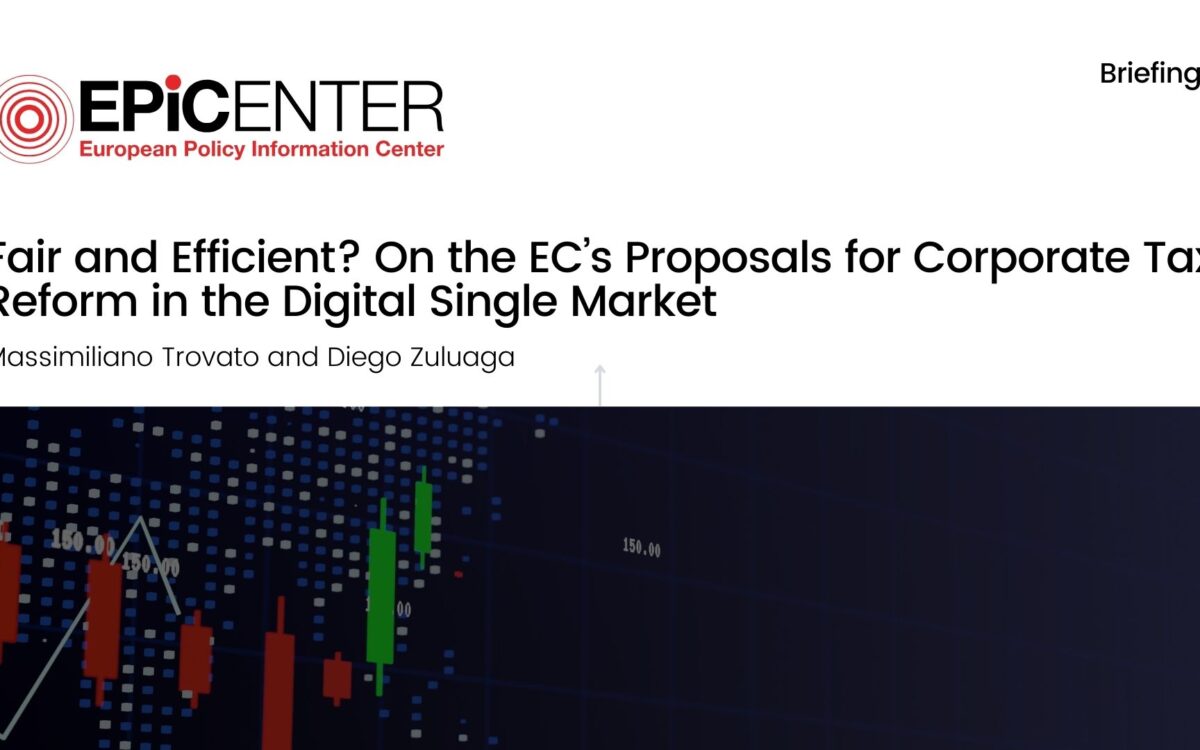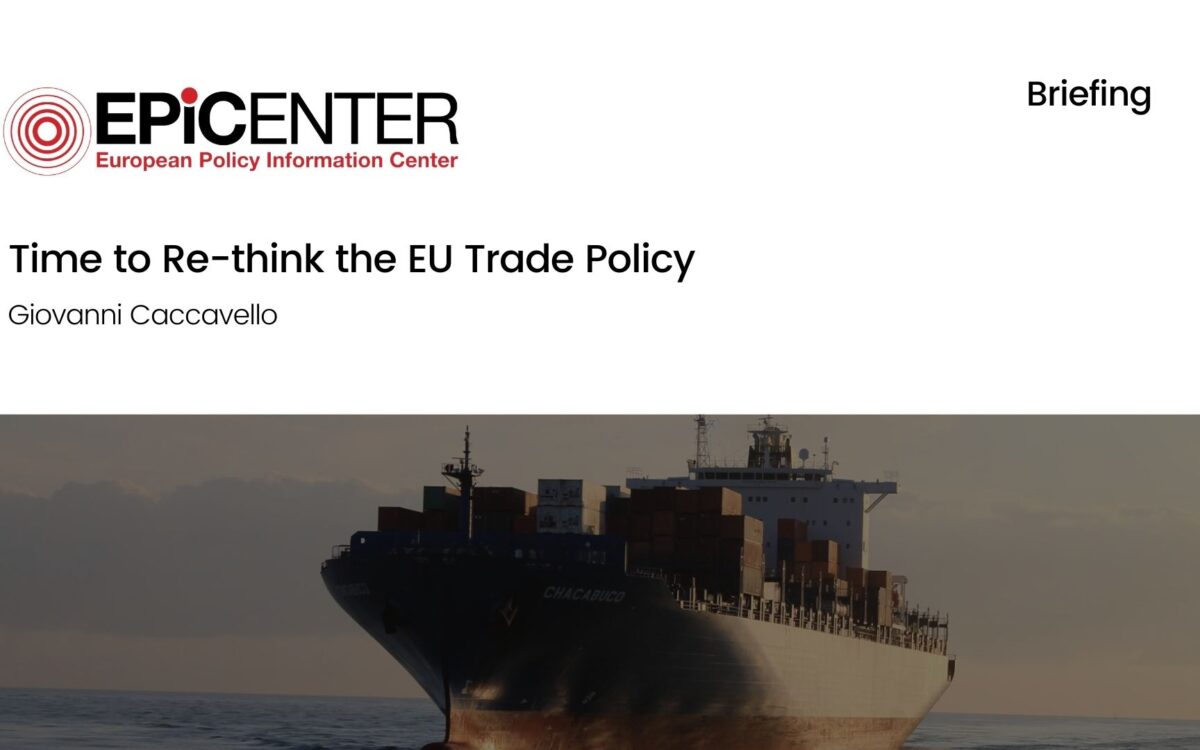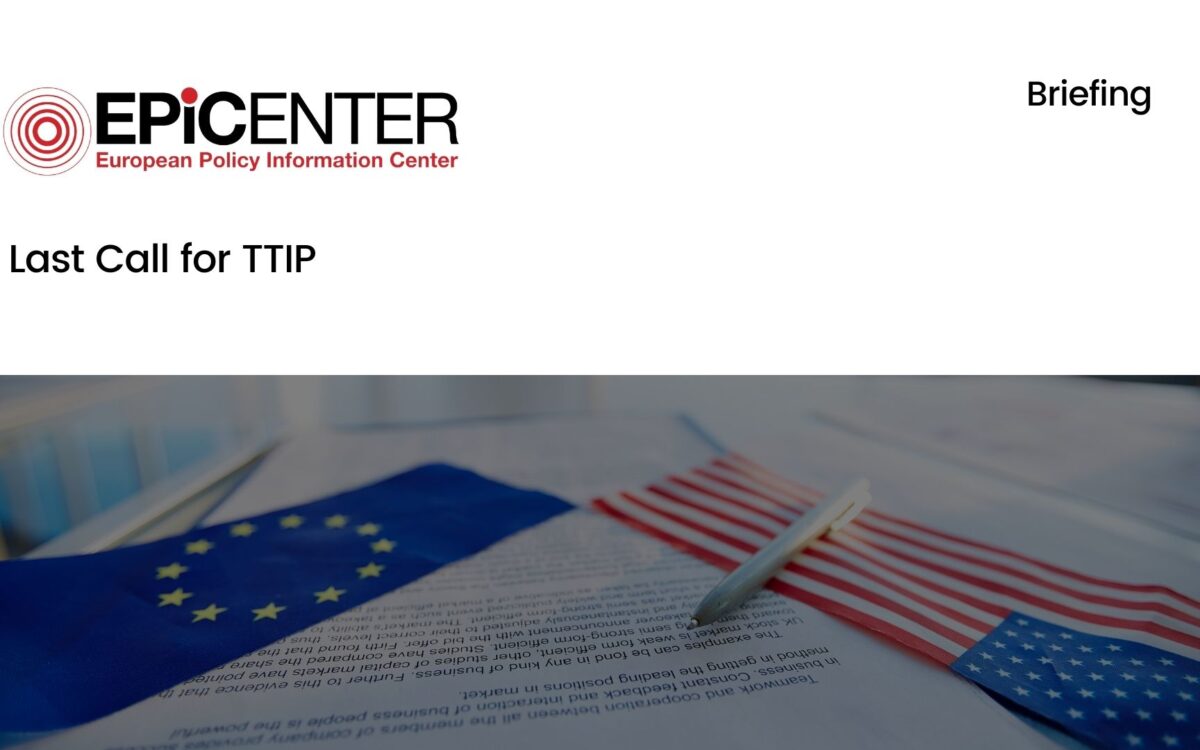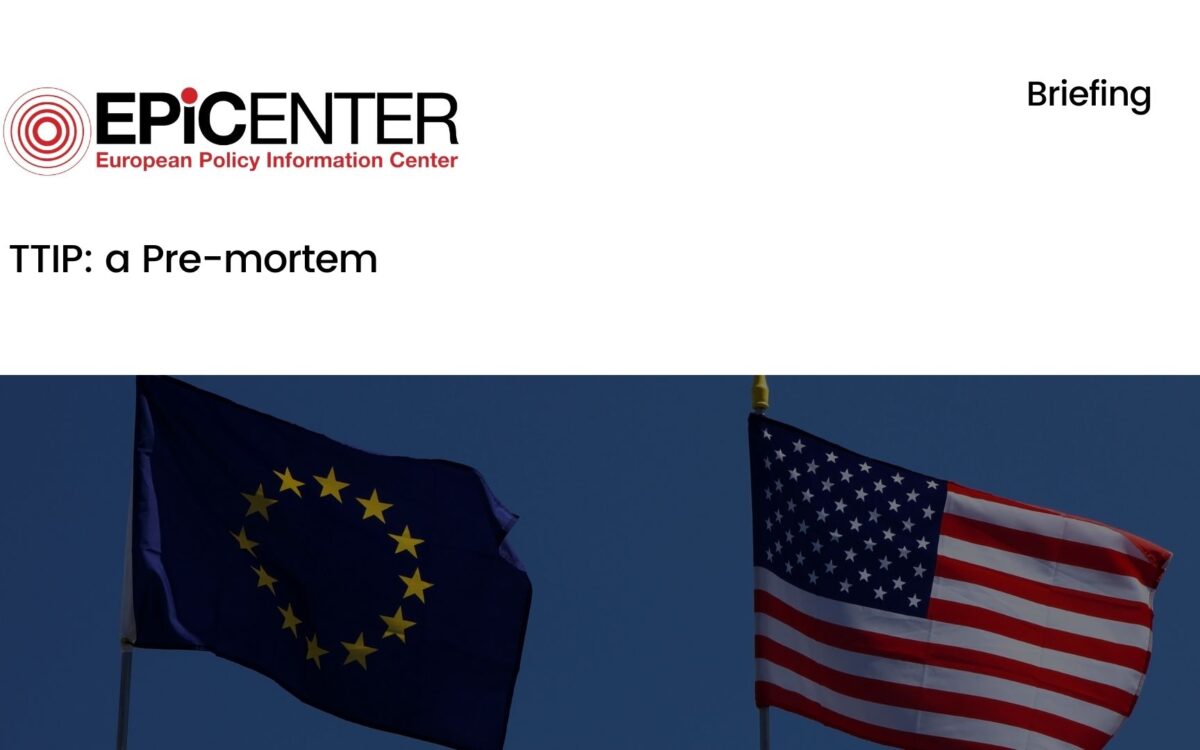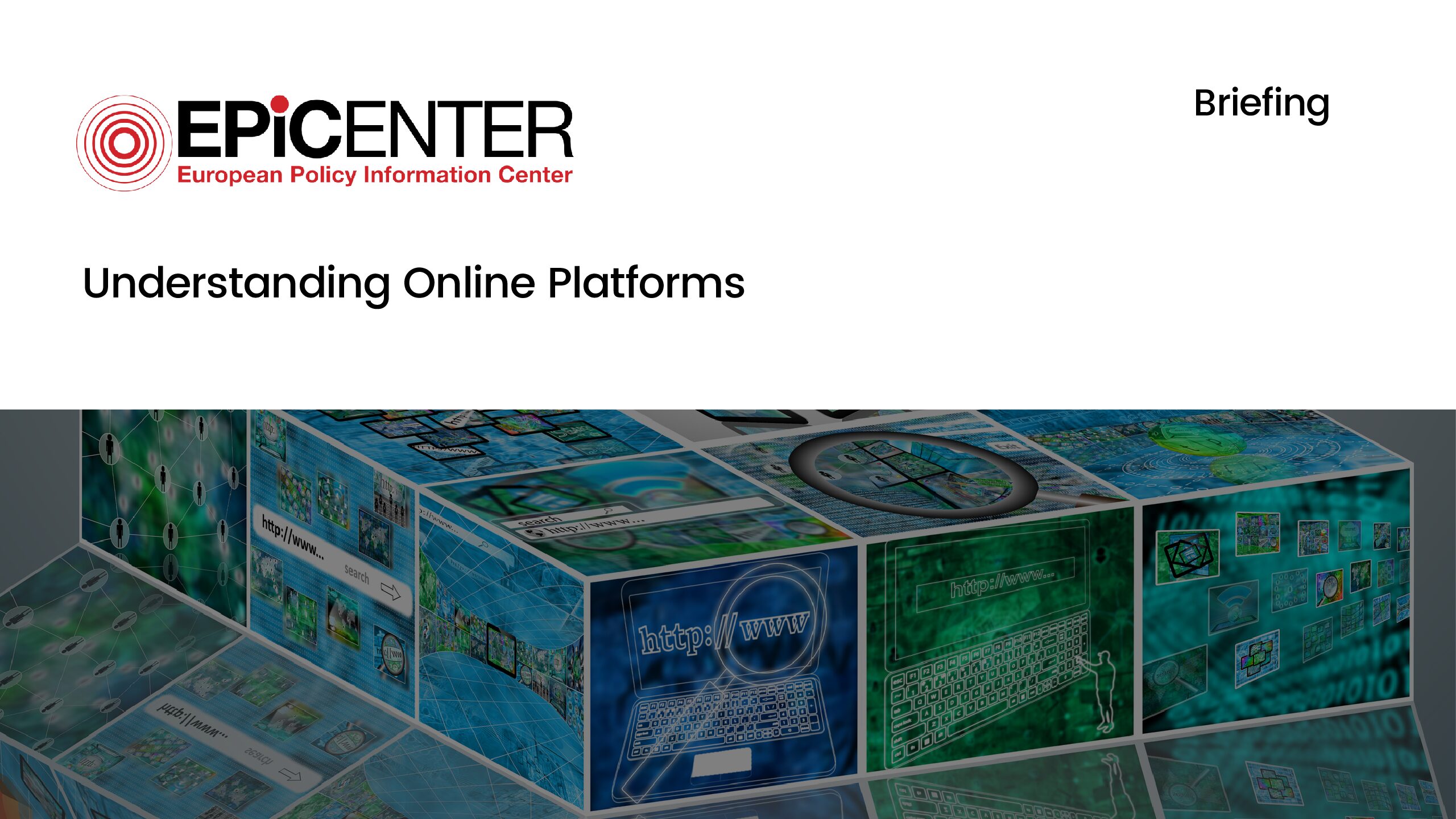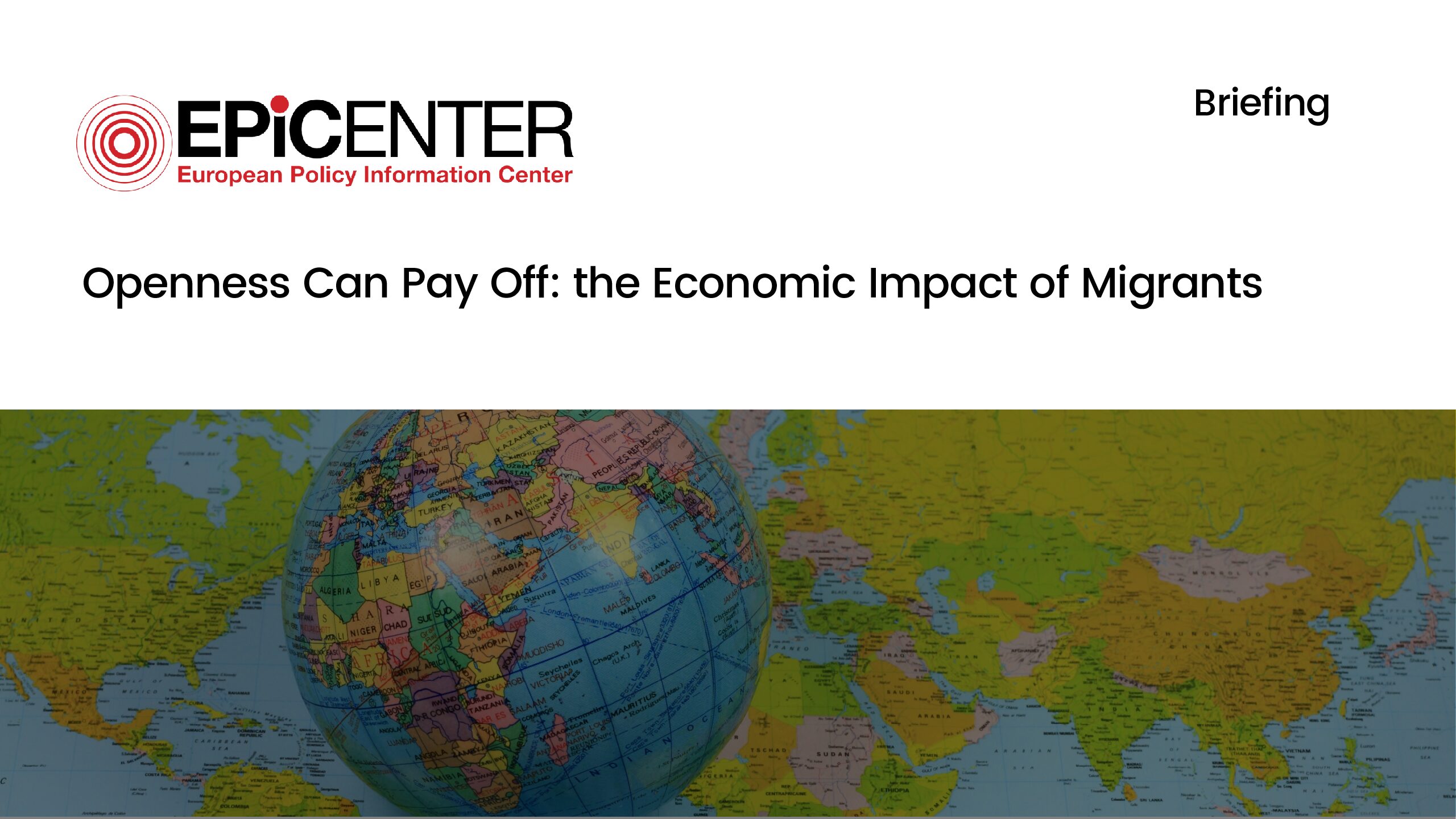Trade Briefings
November 1, 2017
Published by EPICENTER on November 1, 2017
Categories
n the wake of the Ecofin meeting that took place in Tallinn on September 15-16, the European Commission published a communication on “A Fair and Efficient Tax System in the European Union for the Digital Single Market” — code for “How to extract more tax revenue from multinational digital companies”.
May 1, 2017
Published by EPICENTER on May 1, 2017
Categories
As of 2017, the EU has 44 trade agreements in place with more than 60 countries across the globe. In addition, five accords have been finalised but are not yet being applied (with East African countries, Ecuador, Singapore, Vietnam and West Africa).
November 1, 2016
Published by EPICENTER on November 1, 2016
Categories
The Transatlantic Trade and Investment Partnership (TTIP) is currently in a negotiatory limbo. Even though the European Commission has estimated such an agreement would increase the size of the EU economy by at least €120 billion (or 0.5% of EU GDP) and the U.S economy by €95 billion (roughly 0.4% of U.S GDP), the deal looks more uncertain than ever before.
May 1, 2016
Published by EPICENTER on May 1, 2016
Categories
o say that negotiations for an EU-U.S. trade deal, the Transatlantic Trade and Investment Partnership (TTIP), have lost momentum since they kicked off in the summer of 2013 is an understatement. The pact’s slow progress looks set to become the greatest disappointment since Scott Walker’s (remember him?) failed Republican presidential bid.
December 21, 2015
Published by EPICENTER on December 21, 2015
Categories
While platforms can operate online and offline, the internet has created new opportunities to lower transaction costs by linking users. Recently, there have been calls at EU level for a special regulatory framework for online platforms.
December 1, 2015
Published by EPICENTER on December 1, 2015
Categories
Existing evidence from large refugee migrations and the recent influx of Syrian migrants into Middle Eastern countries shows no adverse effects of migration on native workers. In some instances, the findings show beneficial effects due to worker complementarities.
